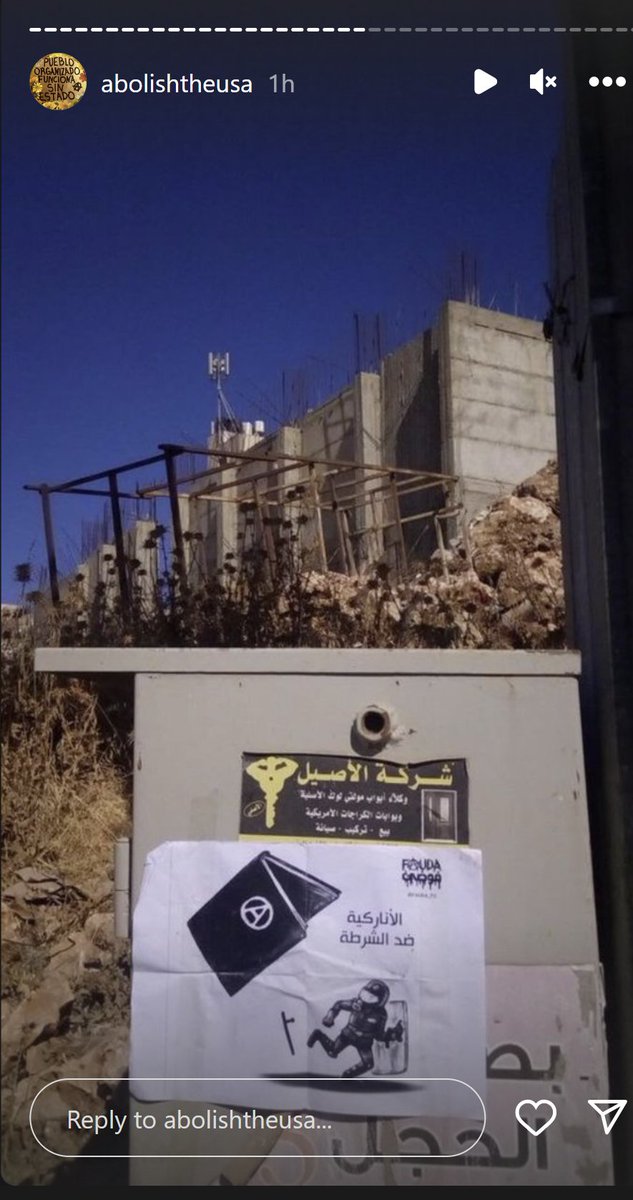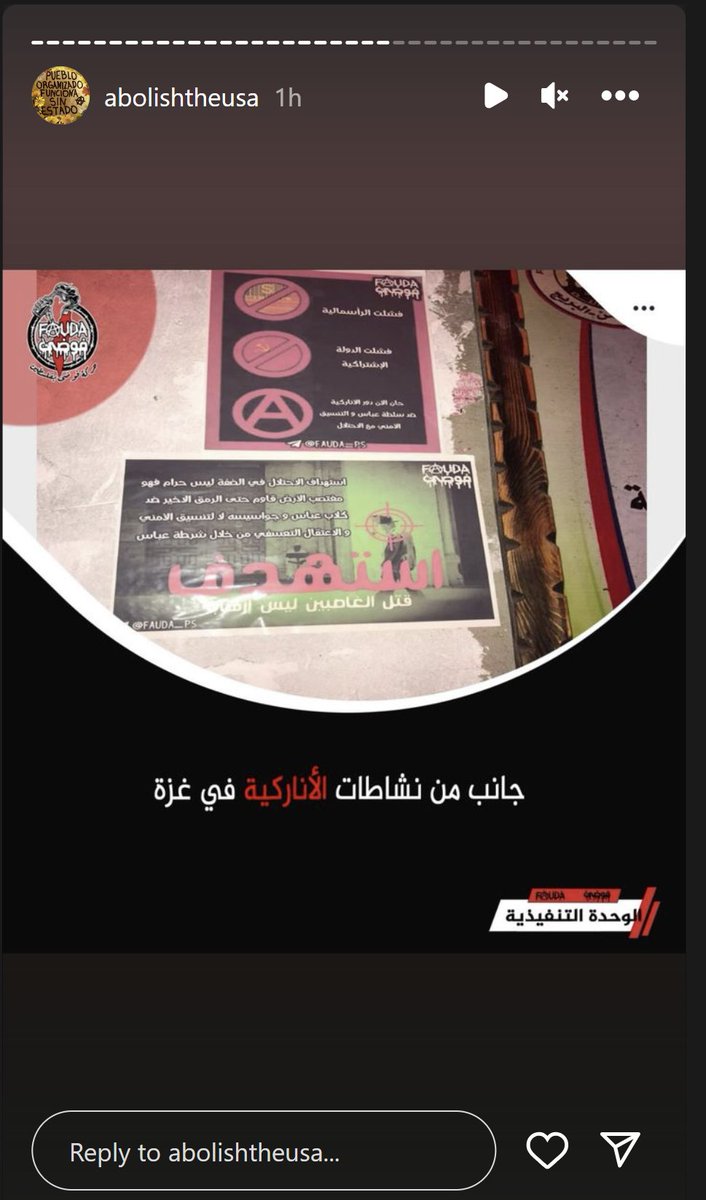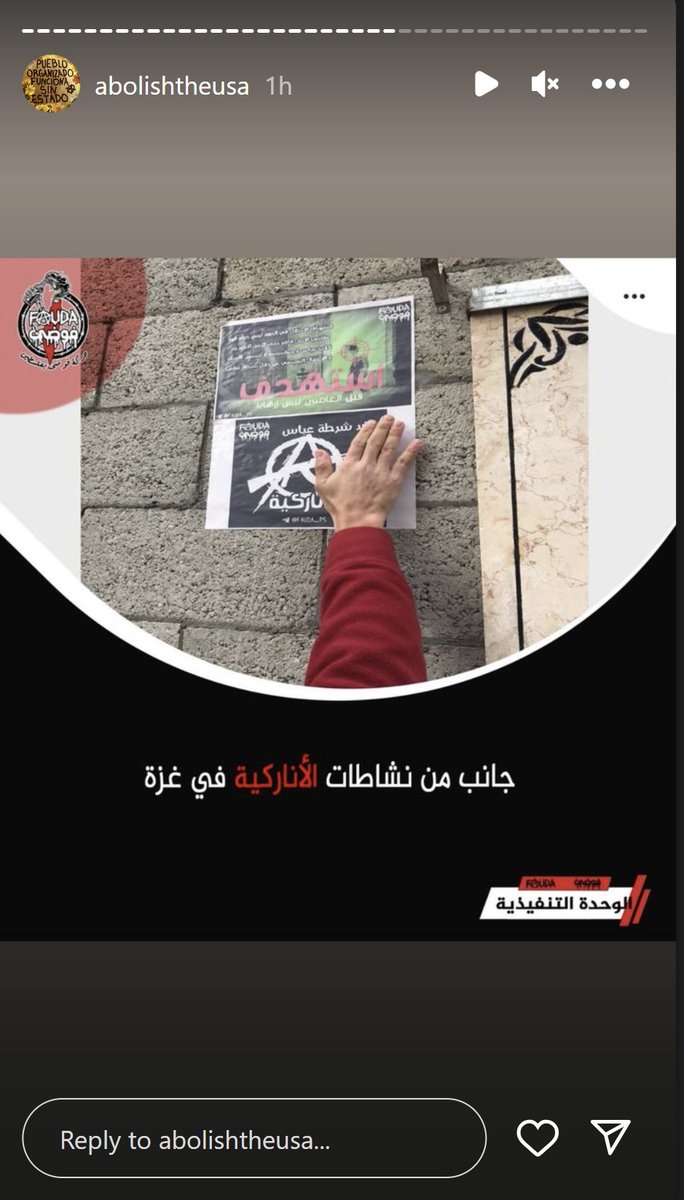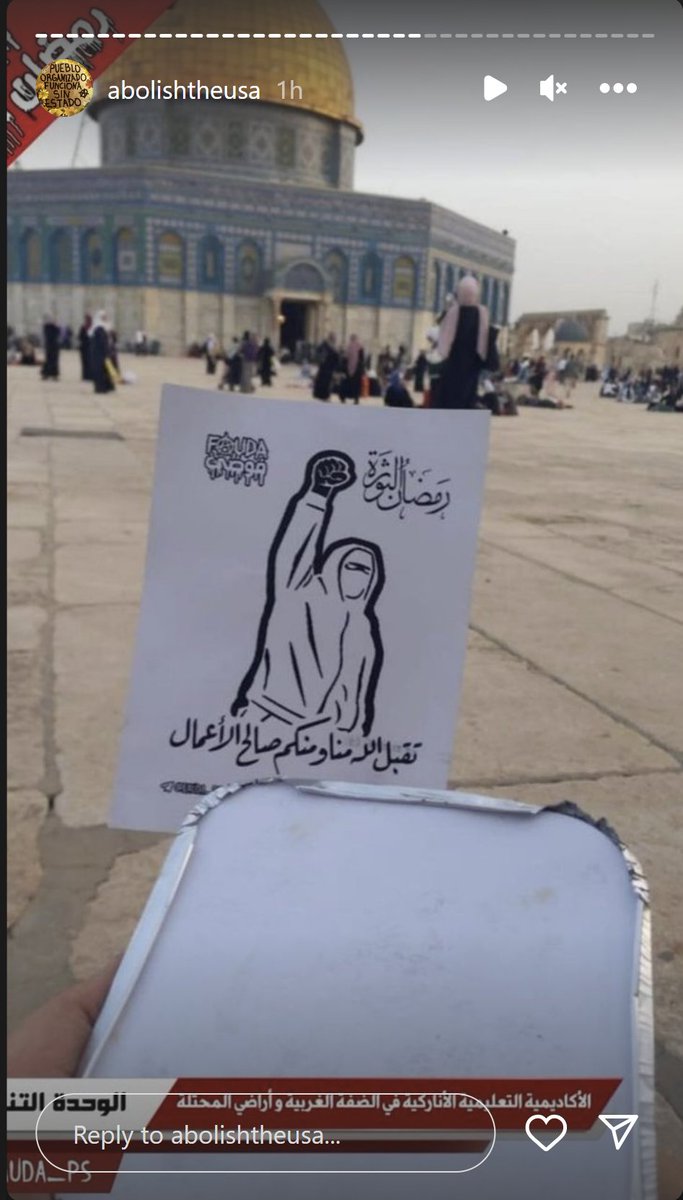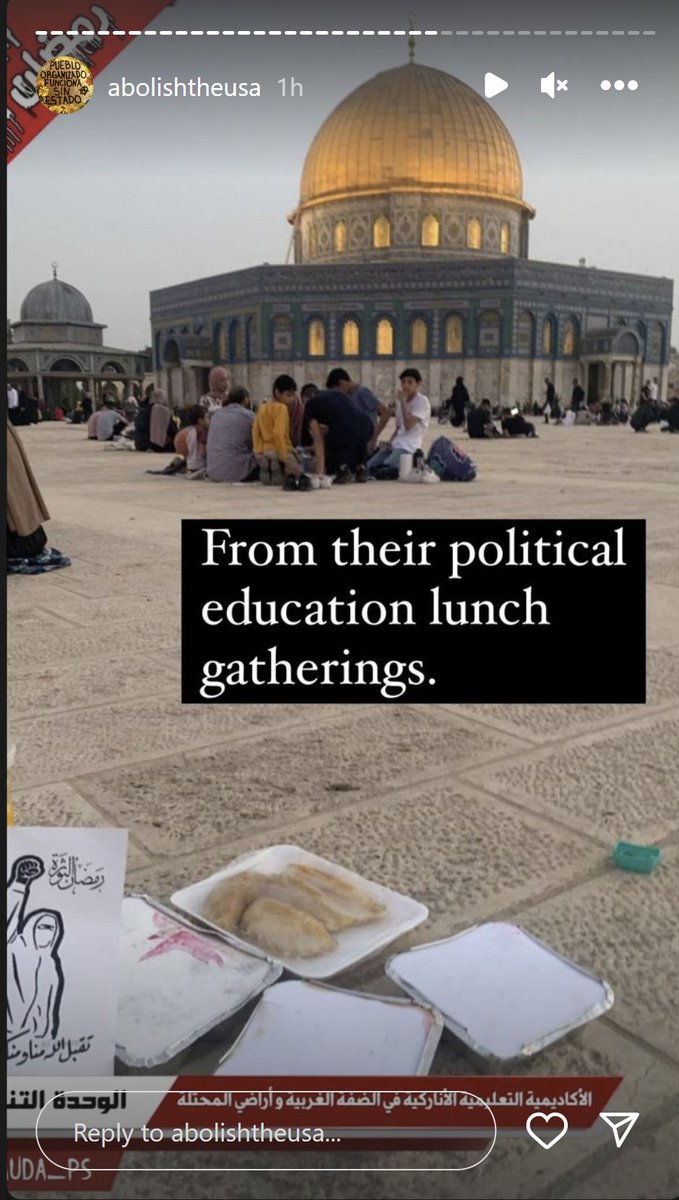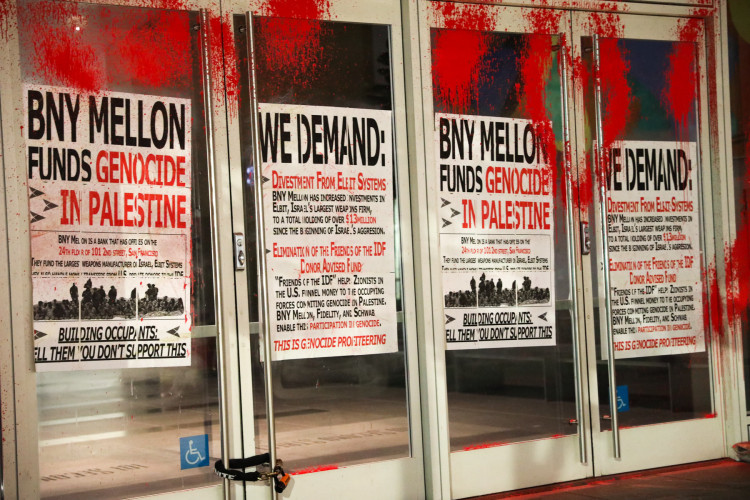“The Jenin Brigade has become an institution”
the following is an excerpt of an article from Mondoweiss by Shatha Hanaysha, a Palestinian journalist based in Jenin in the occupied West Bank.
The most recent raid on the camp took place on December 12 and lasted for three days, resulting in the killing of 13 Palestinians and the injury of 33 others in both the city of Jenin and the camp. During this time, Israeli forces besieged the camp, restricting entry and exit, and conducted house-to-house raids, arresting hundreds in a scene reminiscent of the civilian arrests in Gaza.
This assault was the Israeli army’s largest military operation in the camp since the 2002 “Battle of Jenin.” The Israeli army views it as an extension of the war on Gaza and the effort to eliminate Hamas and Palestinian resistance factions. The three-day operation witnessed intense clashes in several areas within and around the camp and the city. It resulted in the injury of 7 Israeli soldiers, as announced by the Israeli forces.
However, the Jenin Brigade announced in a statement after the raid that its fighters managed to carry out several operations and precision strikes on various axes and areas where Israeli army soldiers and vehicles were positioned.
An anonymous source from the Jenin Brigade spoke to Mondoweiss about the invasion.
“[We] targeted an infantry force of occupation soldiers stationed in Jenin camp square with an explosive device, which resulted in direct injuries,” the source said. “After observing soldiers outside the vehicles on the road between the city and the camp, the resistance fighters managed to snipe at least two soldiers, as shown through the media.”
“Another group of fighters, minutes after the sniper ambush, targeted a unit of soldiers positioned in front of the mosque in the New Camp area,” he continued. “The fighters also breached the tight security barrier, and despite the presence of reconnaissance aircraft and sniper teams, targeted occupation soldiers in the Khallet Al-Sawha neighborhood in Jenin city.”
The Jenin Brigade source maintained that the Israeli army’s operation on December 12 was a failure, as it did not result in the arrest of any wanted resistance fighters from the Jenin Brigade, and most of the arrests were of civilians who were later released. The source confirmed that the resistance fighters remained in the camp and the city, and the clashes persisted throughout the entire incursion.
The source also insisted that Israel was attempting to portray an image of victory through vandalism, painting Zionist slogans on the walls, tearing down pictures of martyrs, ransacking and blowing up homes, desecrating mosques and broadcasting Jewish prayers through its speakers, and detaining civilians without cause.
Israeli affairs expert Anas Abu Arqoub told Mondoweiss that the statements from Israeli military and political officials holding that the resistance in Jenin has ended is belied by the reality on the ground. He asserts that Israeli officials are aware that their own statements are untrue, but are making them anyway to boost the morale of the Israeli public after the the deterrence of the Israeli army was shattered on October 7.
In an exclusive interview conducted by Mondoweiss with a fighter from the Jenin Brigade, we asked him about the accuracy of Israeli media claims that the equation in the camp changed after the assassination of [two prominent founders of the Jenin Brigade, Muhammad Zubeidi and Wissam Hanoun].
“The occupation’s claims are baseless,” he responded. “In 2002, we lost Mahmoud Tawalbeh [a leader in the Islamic Jihad’s military wing, the Al-Quds Brigades] and many other prominent leaders. However, a new generation emerged, carrying the torch once again. In the Battle of the Sword of Jerusalem [launched by Hamas in Gaza in 2021 in response to Israeli settler provocations in Al-Aqsa], we lost Jameel Al-Amouri [an early founder of the Jenin Brigade], and everyone was in pain, but the youth continued, and they carried the banner anew. This will be a new phase and a new beginning, and we will become stronger after the assassination of Muhammad Zubeidi and Wissam Hanoun as well.”
“The repeated operations by the occupation army have two sides to them,” the fighter continued. “On the one hand, there is fatigue and exhaustion for the youth, but at the same time, we become closer to our God in these incursions. The closer the occupation comes to us, the closer we get to God. We become stronger every time we break the barriers of fear from things we experienced before. In the past, for example, we had a fear of [Israeli] missiles, but now we have overcome this fear, and we deal with missiles as something normal. Then we had a fear of [Israeli attack] drones, but now we move about and have overcome this fear.”
“Every time the occupation tries a new approach against us, initially, we feel fear, but later we get used to it,” he maintained. “There is a saying, ‘The beatings that don’t kill us make us stronger.’ With these raids, we gain more experience and become more capable of dealing with them. In this way, the occupation loses. They used everything available to them to threaten the youth. In the past, they threatened us with missiles and drones without using them, but now they have actually used these weapons. They used Apache helicopters, reconnaissance aircraft, and shoulder-fired missiles, and they have nothing left to frighten us with.”
Another resistance member, a leader in the Jenin Brigade, told Mondoweiss that “the revolutionary state and mentality were initially embodied by individuals, and then they evolved into a security institution or a jihadist struggle system. Its focus is not on a specific person relying on their support. Although there are individuals who have a significant impact on the streets, the ideology and awareness present in the community compensate for this absence. Youth now strive to become leaders in this Brigade and among the resistance in general.”
“The departure of Muhammad Zubeidi and Wissam Hanoun undoubtedly has a significant impact, but it will not be the impact that the Israeli occupation desires in the sense of leading to division or stopping the Brigade’s work,” he continued. “The Jenin Brigade has become an institution; one person can cover for another, regardless of their name and influence on the streets. We will continue, God willing, until our last breath.”
He informed us that, in their fight, “there are differences in the balance of power [between Israel and the resistance], and this has a considerable impact.”
“However, this power imbalance has existed between us and the occupation since the beginning of this phase of struggle,” he continued. “We fought the Israeli army with all its weapons and equipment. At that time, we did not exceed 50 fighters, but our thinking, awareness, and belief — the firm belief in victory and the rightful claim to the land — are what make us present on the battlefields. Even if there is a difference in the balance of power, I continue because I am a human who wants to live with dignity and life. If it is a life of dignity, is worth living.”
Political analyst Ayman Youssef says that Jenin has historically had an exceptional role in the struggle and resistance against occupation, and this continues today. He points to the distinctiveness of Jenin’s experience today, where there is coordination and a joint operations room among all resistance factions, embodying national unity in the West Bank. Despite Israel’s success in reaching some wanted individuals and resistance fighters, he considers it unlikely that the idea of resistance and struggle will end, emphasizing that it is an ideological and steadfast concept that transcends generations.
“Jenin, with its social and resistance-oriented character, including the presence of the camp and rural areas, represents a rare case,” Youssef told Mondoweiss, believing that resistance in Jenin will continue to renew and reinvent itself over time. Most importantly, he points out that the resistance in Jenin is not monopolized by a single political faction or group — it is the camp that resists through the various factions. The Jenin Brigade is the current expression of that resistance, and this tradition will not go away.
On the contrary, Youssef argues, the Jenin model has spread over the past two years, replicating itself in refugee camps in the northern West Bank, including the refugee camps of Nour Shams in Tulkarem, Balata in Nablus, Aqbat Jaber in Jericho, and al-Far’a in Tubas. The refugees in these camps, coupled with the absence of social and political justice, continue to fuel and galvanize the national movement, pushing it forward. While these movements may sometimes fade, Youssef asserts, they will undoubtedly renew over time.
